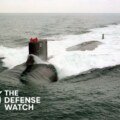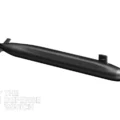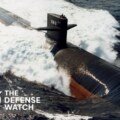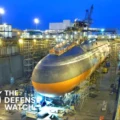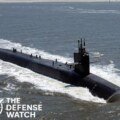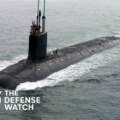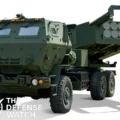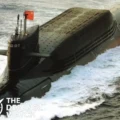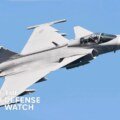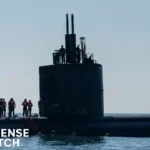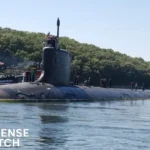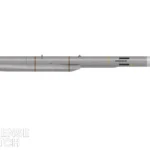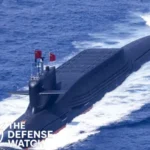- Home
- Catalog
- Naval Warfare Systems
- USS Nautilus (SSN-571) Nuclear Submarine
USS Nautilus (SSN-571) Nuclear Submarine
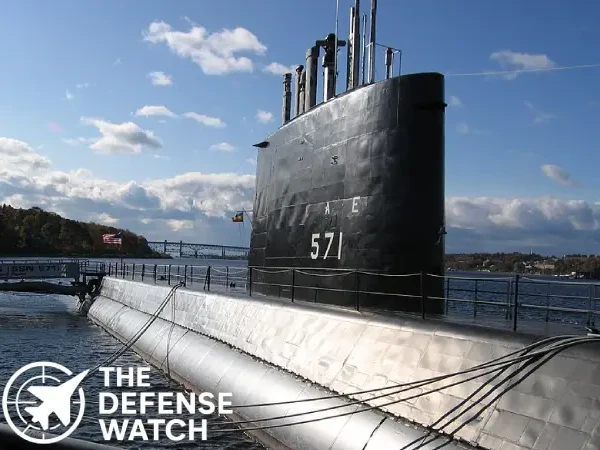

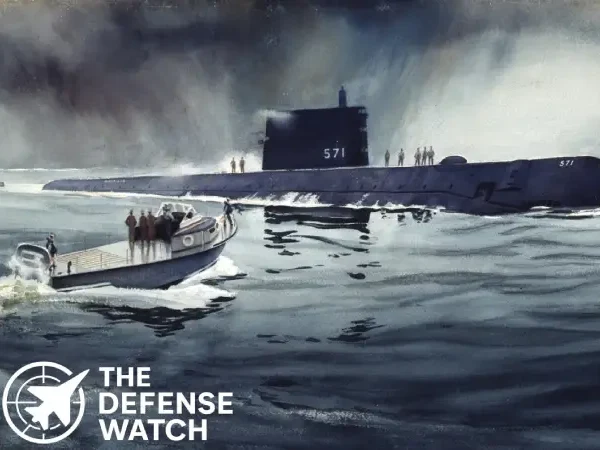
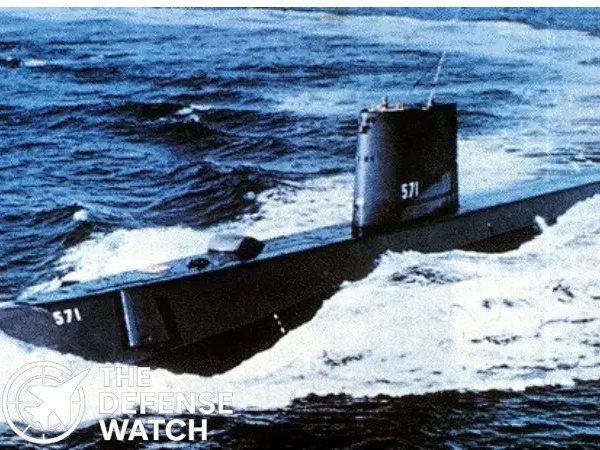
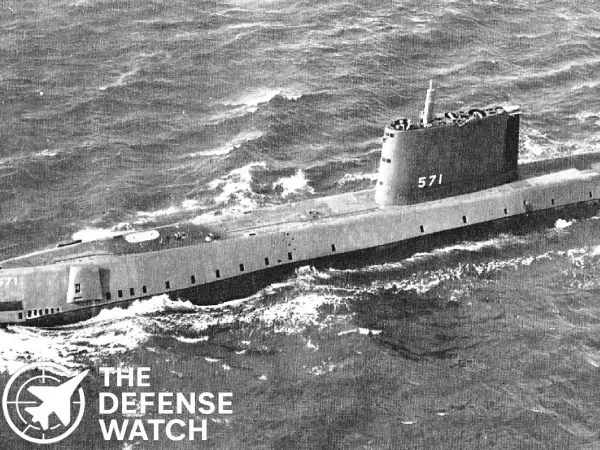
Full Specifications
1. General Information
| System Name | USS Nautilus (SSN-571) |
| Type / Role | Nuclear Attack Submarine (Prototype) |
| Manufacturer | United States |
| Country of Origin | 1954–1980 |
| In Service | 1954 |
| Year Introduced | $55 million (1950s) |
| Unit Cost | 105 personnel |
2. Dimensions & Structure
| Length | 319 ft (97 m) |
| Beam (Width) | 27 ft (8.2 m) |
| Draft | 22 ft (6.7 m) |
| Displacement | 3,530 tons submerged |
| Hull Material | HY-80 Steel |
| Deck Configuration | Streamlined single-hull |
3. Performance & Propulsion
| Propulsion Type | Nuclear Reactor |
| Engine Model | S2W Pressurized Water Reactor |
| Power Output | 15,000 shp |
| Maximum Speed | 23 knots (submerged) |
| Range | Unlimited (nuclear) |
| Endurance | Limited by crew and supplies |
4. Sensors & Radar Systems
| Primary Radar | N/A (submerged operations) |
| Radar Range | N/A |
| Sonar System | BQS-4 Passive Sonar |
| Electro-Optical / IR System | None |
| Electronic Warfare Suite | Basic ECM |
| Fire Control Radar | Mk 101 Torpedo Fire Control |
5. Weapons & Armament
| Main Gun | None |
| Vertical Launch System (VLS) Cells | None |
| Missiles | None |
| Anti-Ship Missiles | None |
| Anti-Submarine Torpedoes | 6 × 21-inch torpedo tubes |
| Close-In Weapon System (CIWS) | None |
| Decoy Systems | Basic countermeasure ejectors |
6. Aviation & Support
| Helicopter Capability | None |
| Hangar Capacity | None |
| UAV Operations | None |
| Flight Deck Size | N/A |
| Replenishment at Sea | Yes (logistical) |
7. Defensive & Electronic Systems
| Countermeasures | Basic sonar decoys |
| ECM / ECCM | Early analog ECM |
| Missile Defense System | None |
| Combat Management System | Prototype analog fire control |
| Communication Systems | UHF/VHF radio, periscope communications |
8. Operational Information
| Service Branch | U.S. Navy |
| Primary Operator | United States |
| Operational History | Arctic crossing, Cold War patrols |
| Notable Feature | First nuclear-powered submarine; North Pole transit (1958) |
PROS
- First operational nuclear submarine in history
- Unlimited underwater endurance
- High submerged speed for its era
- Proven Cold War reconnaissance capability
- Pioneered nuclear naval propulsion
CONS
- Limited armament and combat capability
- Early reactor design required extensive maintenance
- Cramped crew quarters and dated habitability
- No vertical launch system (VLS)
- Obsolete compared to modern nuclear submarines
USS Nautilus (SSN-571) — World’s First Nuclear Submarine
The USS Nautilus (SSN-571) stands as one of the most groundbreaking naval vessels in U.S. history. Commissioned in 1954 and built by Electric Boat Division of General Dynamics, it was the world’s first operational nuclear-powered submarine, marking the beginning of a new era in undersea warfare. Designed to demonstrate the strategic advantages of nuclear propulsion, Nautilus transformed naval operations by extending underwater endurance and global reach.
Revolutionary Design and Capabilities
Powered by a S2W nuclear reactor, the USS Nautilus could remain submerged for weeks, unlike conventional diesel-electric submarines that required frequent surfacing. With a maximum submerged speed exceeding 20 knots and a range limited only by crew endurance and onboard supplies, the vessel showcased the limitless potential of atomic energy at sea.
Built primarily for experimental and strategic missions, Nautilus featured advanced sonar and navigation systems for its time. Its historic 1958 under-ice voyage to the North Pole—codenamed Operation Sunshine—demonstrated the feasibility of long-range Arctic operations, a vital milestone during the Cold War.
The submarine served until 1980, after which it was preserved as a museum ship in Groton, Connecticut, symbolizing a technological leap that shaped modern U.S. Navy submarine design.
USS Nautilus (SSN-571) Price in United States
As a historical and decommissioned asset, the USS Nautilus no longer carries a production price. When built in the 1950s, its estimated cost was $55 million USD (equivalent to several hundred million in today’s value). It now serves as a public exhibit, embodying the dawn of the nuclear submarine age.
Reviews
Disclaimer Note
The information provided on TheDefenseWatch.com is for general informational purposes only. While we strive to ensure the accuracy, completeness, and timeliness of our content regarding defense and aerospace products, technologies, and specifications, we cannot guarantee that all information is 100% accurate or up-to-date due to the evolving nature of military technology and classified data. TheDefenseWatch.com does not warrant the reliability, suitability, or availability of the information for any specific purpose. Users are advised to consult official sources, such as manufacturers, government publications, or defense agencies, for precise and verified data before making decisions based on our content. We are not affiliated with any defense manufacturers, governments, or military organizations mentioned. Opinions, reviews, and ratings reflect expert analysis but are subjective and should not be considered endorsements. TheDefenseWatch.com is not responsible for any errors, omissions, or consequences arising from the use of this website’s content. External links are provided for convenience and do not imply endorsement. TheDefenseWatch.com reserves the right to update or modify content without prior notice. By using this website, you agree to our Privacy & Cookies Policy.

